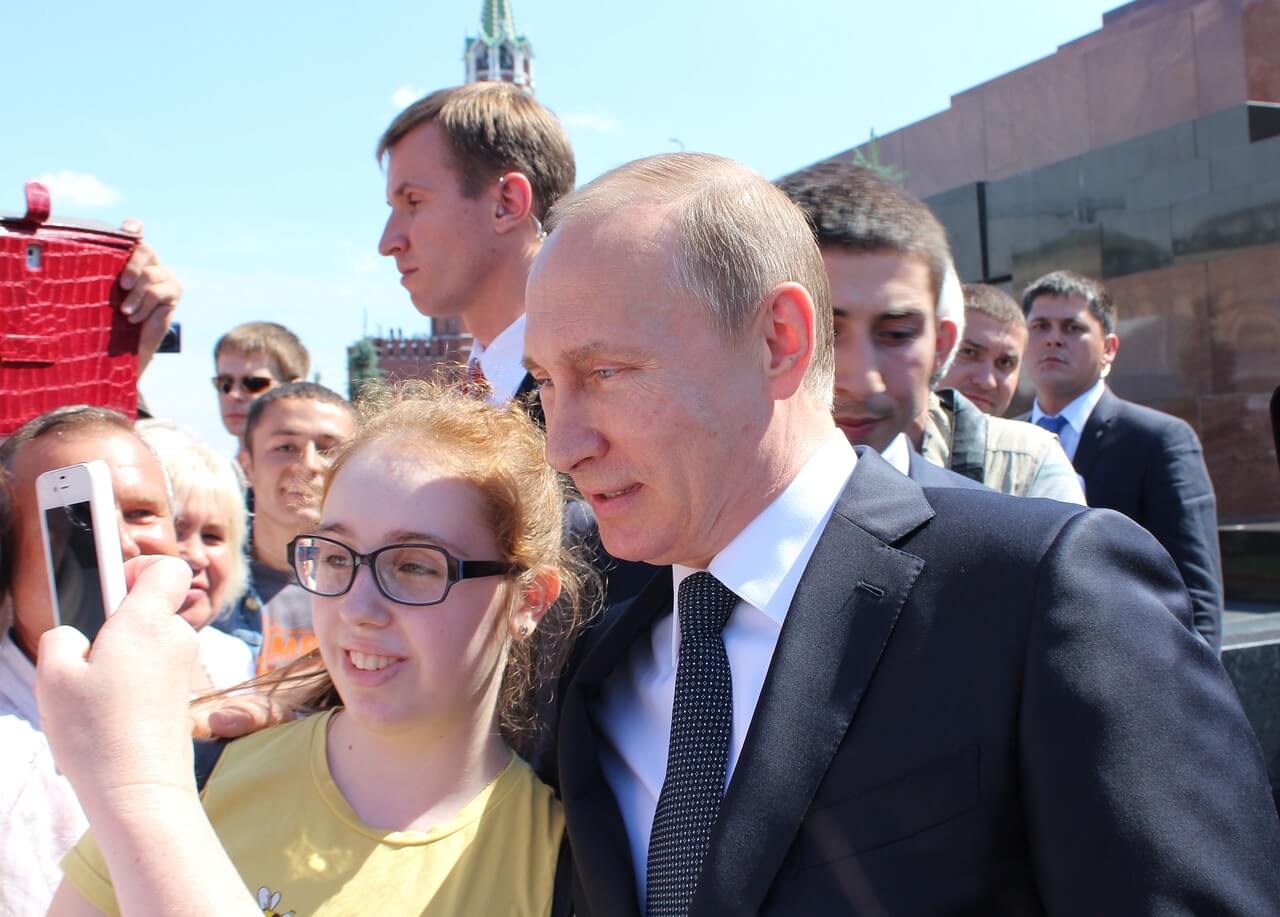BOULDER, Colo. — Former President Donald Trump isn’t the only one who has heaped praise on Russian leader Vladimir Putin. An international research team is providing a comprehensive view of the support Putin receives from several neighboring countries. Researchers say the reason this controversial figure is still so popular comes down to his machismo and authoritarian personality.
The study aimed to understand the demographics of those who support Putin, known for his background as a former KGB spy, and iconic images, such as posing shirtless on a horse. The findings uncovered that Putin tends to garner more support from men than women and is less favored among younger and more educated individuals.
“Our research has shown that Putin’s machismo and his authoritarian personality appeal to people who have more close-minded personalities, hold traditional values and don’t trust science,” says John O’Loughlin, professor in the Institute of Behavioral Science and Department of Geography at UC Boulder, in a university release.
The study involved surveying over 8,400 individuals across six nations: Armenia, Belarus, Georgia, Kazakhstan, Moldova, and Ukraine between 2019 and 2020. University of Colorado Boulder researchers collaborated with local polling firms for face-to-face surveys.

While Putin’s popularity varies across the former Soviet Union, Georgia showcased overwhelming disapproval, with over 70 percent expressing “no trust at all” in the Russian leader. In contrast, Belarus and Kazakhstan exhibited more favorable sentiments, given their historically close ties with Russia.
The surveys were conducted before Russia’s invasion of Ukraine in February 2022. The team plans to revisit these respondents in 2024 to gauge any alterations in attitudes towards Putin, particularly post-war.
Phone interviews conducted in parts of Ukraine under Kyiv’s control in October 2022 revealed a significant backlash against Putin due to the war. Support for joining NATO surged from 44 percent to 77 percent since 2019, indicating a stark shift in attitudes.
“We have what’s called a ‘natural experiment,’” explains O’Loughlin. “We weren’t expecting the war in Ukraine, but we can see the effects of the full-scale invasion on peoples’ attitudes about Putin and Russia and toward the West and NATO.”
However, gauging attitudes toward Putin isn’t straightforward. To bypass biases and potential untruths in survey responses, researchers employed an “endorsement experiment.” By associating Putin’s supposed support for Arctic oil drilling in survey questions, they assessed genuine sentiments toward him. Results revealed divergent reactions across nations; the fake Putin endorsement affected opinions on Arctic drilling differently in different countries.
The study sheds light on why some individuals resonate with leaders like Putin, indicating that those favoring more traditional gender roles or perceiving themselves as conventional tend to support him more. O’Loughlin emphasized Putin’s appeal to Russian citizens through nostalgia for the former Soviet Union, perceived as a time of stability and peace, especially among older generations.
“In the U.S., that’s easy to dismiss, but many people want security, peace and quiet,” says O’Loughlin. “They believe that if you don’t have a strong, authoritarian leader, the whole society is going to collapse.”
The study is published in the journal Political Geography.
You might also be interested in:
- Nuclear war between the U.S. and Russia would cause 5 billion people to die — of hunger
- Russians who idolize Putin, state media more likely to support online censorship, study finds
- Bad for business: Dictators rarely associated with strong economies, study finds


Study find? are you one of them?
Ignorant people prefer machismo, like Putin, or the Orange Goon.
Is there a chance you aren’t as knowledgeable as your news sources dictate?